Low Carb Lies - Part 1
By Lindsay // The Ketoneer
There is a lot of misinformation out there about keto. Some of it intentional. Some of it not. There are rumors and straight up lies that have been spread over the years. Let’s discuss a few of my favorites.
Death of Dr. Atkins
For years, I believed the rumor that Dr. Atkins died of a heart attack. Have any of you heard this one, too? Comment below if you have. Well friends, it turns out that the brilliant Dr. Robert Atkins, the low carb pioneer, slipped on an icy sidewalk in New York after a freak spring snow storm in April 2003. He hit his head in this fall and died nine days later due to complications from the head trauma. He did not die from a heart attack. The medical examiner report showed that he had suffered from a heart attack years prior – but it was caused by cardiomyopathy – not his diet. Cardiomyopathy is a heart muscle condition that can be hereditary or caused by a viral illness, prolonged hypertension, or old age. Dr. Atkins’s cardiomyopathy was reportedly caused by a virus and had nothing to do with diet. An incomplete medical report was illegally leaked to the press showing this history of heart attack. The media and all those who opposed the Atkins diet ran with this information and made it seem like he died from a heart attack as result of his diet. Following the spread of this false information, the Atkins diet went from a popular sensation to a dangerous fad diet that will give you a heart attack. Dr. Atkins was 72 when he died, walking to work at his New York City office. I don’t know about you, but I don’t know many 72 year old people still working and walking to their offices. I would say he was doing something right as far as diet and lifestyle goes.
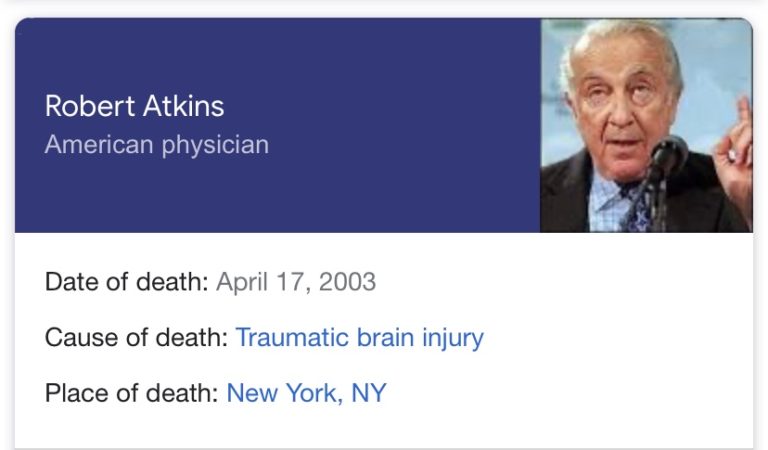
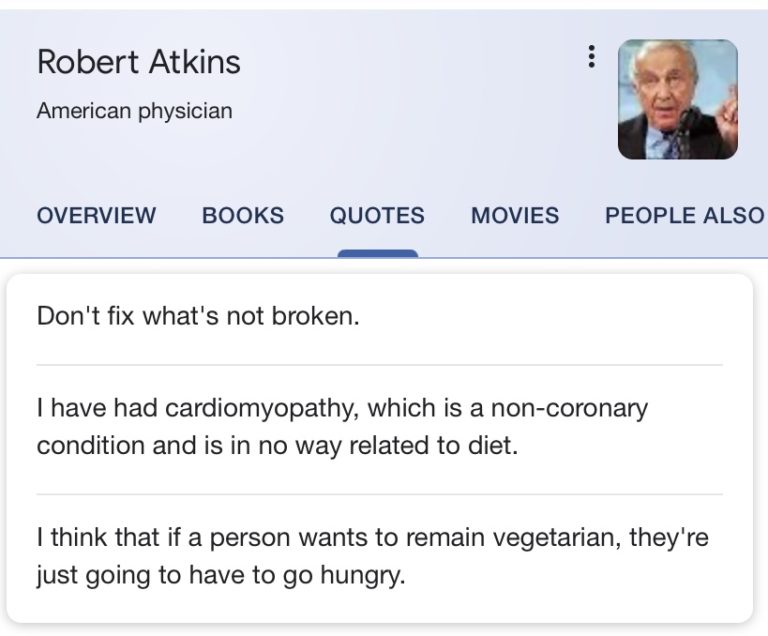
Eating Fat Will Kill You
If I had a dollar for every time I heard, “Eating all that fat is going to kill you,” I would have enough money to buy lots of the processed sugar crap that will actually kill you. Fat and cholesterol have been demonized over the years when it should have been sugar in its place. Posted below are my personal lipid panel results from this year and last year. I eat all the fat I want – fatty meat, butter, coconut oil, avocados, olive oil, bacon grease, etc. I had been on keto for months when I had my 2018 results drawn but I was still overweight. I am very happy with this years results. I have been on keto since May 2018.
Here is a quick breakdown of how to interpret the images below. Total cholesterol is first. If you have a high LDL or HDL, this is going to raise your total cholesterol, so this alone does not give you the full story. HDL should be high. I am not sure why labs put a limit on this as you want the so called “good cholesterol” to be high. If your HDL is under 40 to 60, honestly you are not doing so great and your risk of heart attack is supposedly greater. You want your HDL to at least be over 60 to be optimal. LDL is the so called “bad cholesterol” which it isn’t necessarily bad on its own, but that is the one that we have been told needs to be lower. Triglycerides should be low and are an indicator of how much sugar and carbs you eat. If you are insulin resistant, chances are, your triglycerides are high (over 150). VLDL is the smaller size LDL and “should be” under 30. Okay, now that we have had a crash course in lab interpretation (I’m having nursing school flashbacks), swipe below or click the black dots to see my 2018 and 2019 lipid panel results.
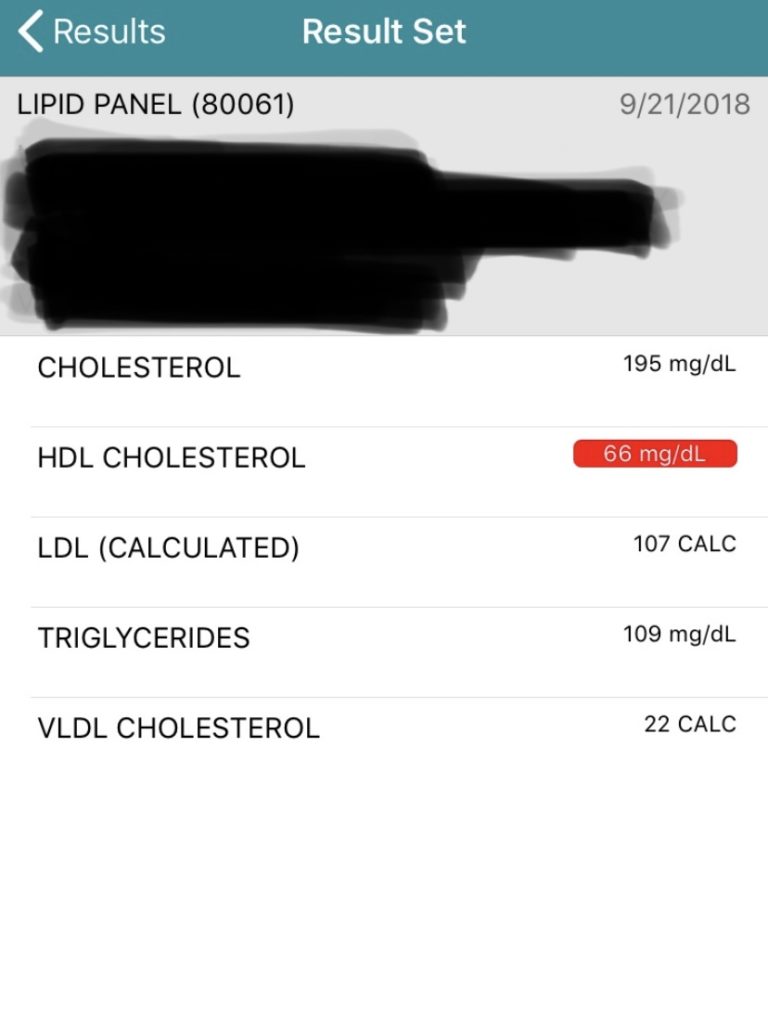
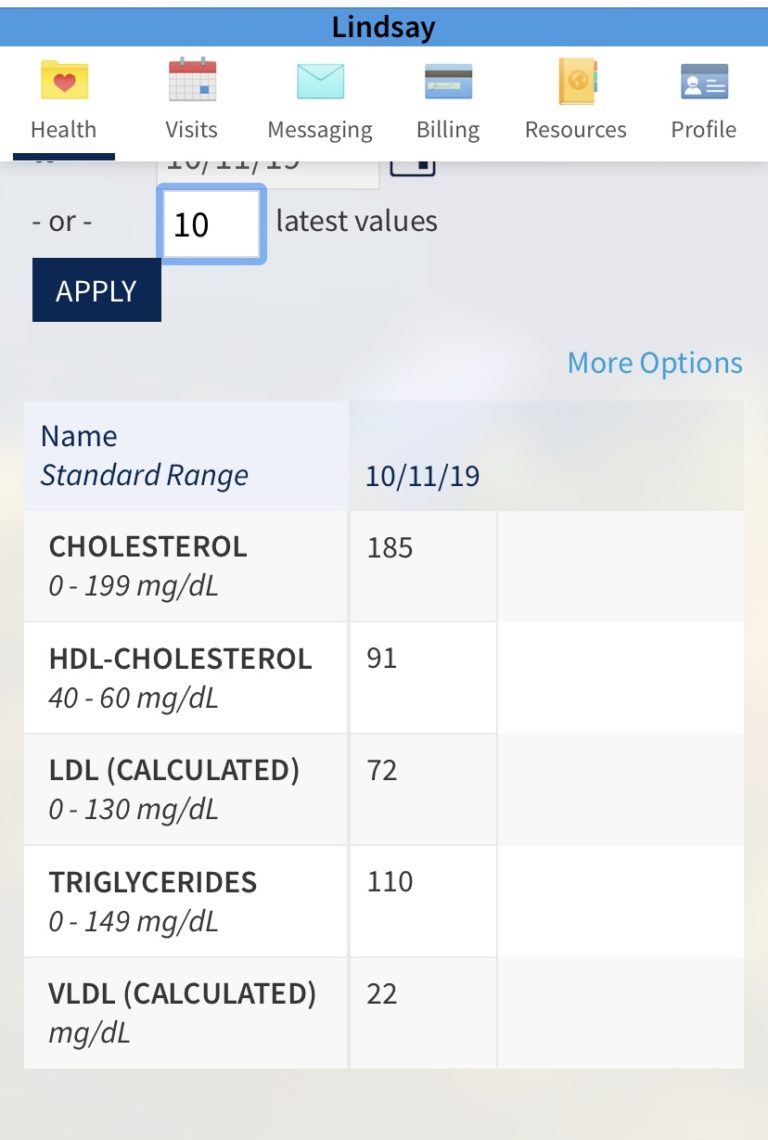
I know too many people who attempt to follow a low fat diet and still end up on statins (cholesterol lowering drugs) and have high triglycerides. I don’t think any health care professional would tell me my lipid panel results are bad or unhealthy even by text book standards – which may not even be right. There are some people who go on a ketogenic diet and see a rise in LDL. These are sometimes referred to as hyper-responders in the keto community. Dave Feldman has done a lot of work and research on this topic. If you have never heard of him, you can check out some links to his work here: https://www.dietdoctor.com/authors/dave-feldman
Dave basically experimented on himself and found he could manipulate his cholesterol however he wanted and predict the outcomes. More research is coming out and showing that LDL is not what we once thought it was. Here is a great video by Thomas DeLauer that breaks down the cholesterol misinformation and makes it easy to understand.
Salt Is BAD
We all know that eating too much salt will make you swollen and increase your blood pressure, right? Well sorry, that is a lie too. As long as you have healthy kidneys, your body should be able to easily balance its sodium levels. If you have any form of kidney disease, that is a different story and you need to consult with your physician for any diet changes. Our bodies need salt and low sodium diet can do more harm than good in healthy individuals. Keto also turns us into “salt wasters” as in our bodies do not hold onto excess sodium. I now eat all the salt I want and my sodium level is at the lower end of normal. I should actually up my salt intake a little more. I can also tell you that the only time I ever feel swollen or bloated is when I eat sugar, not salt. My blood pressure went from 140s/90s pre keto to 110/72 at my most recent doctor visit. These are just my personal results with keto. This is not medical advice as I always have in my disclaimer. I always want to share what has worked for me and what the latest research is showing. The photos below show my blood pressure and sodium level at my yearly check up that took place this month, October 2019 after 17 months on keto.
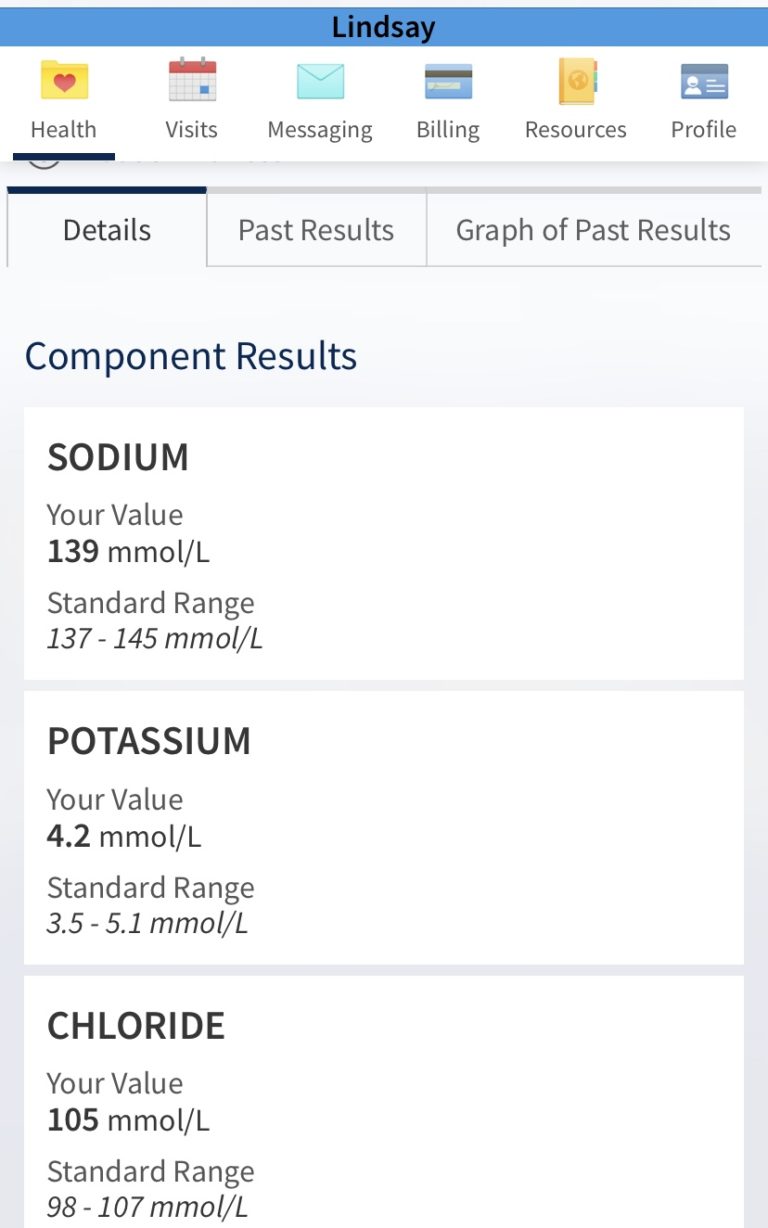
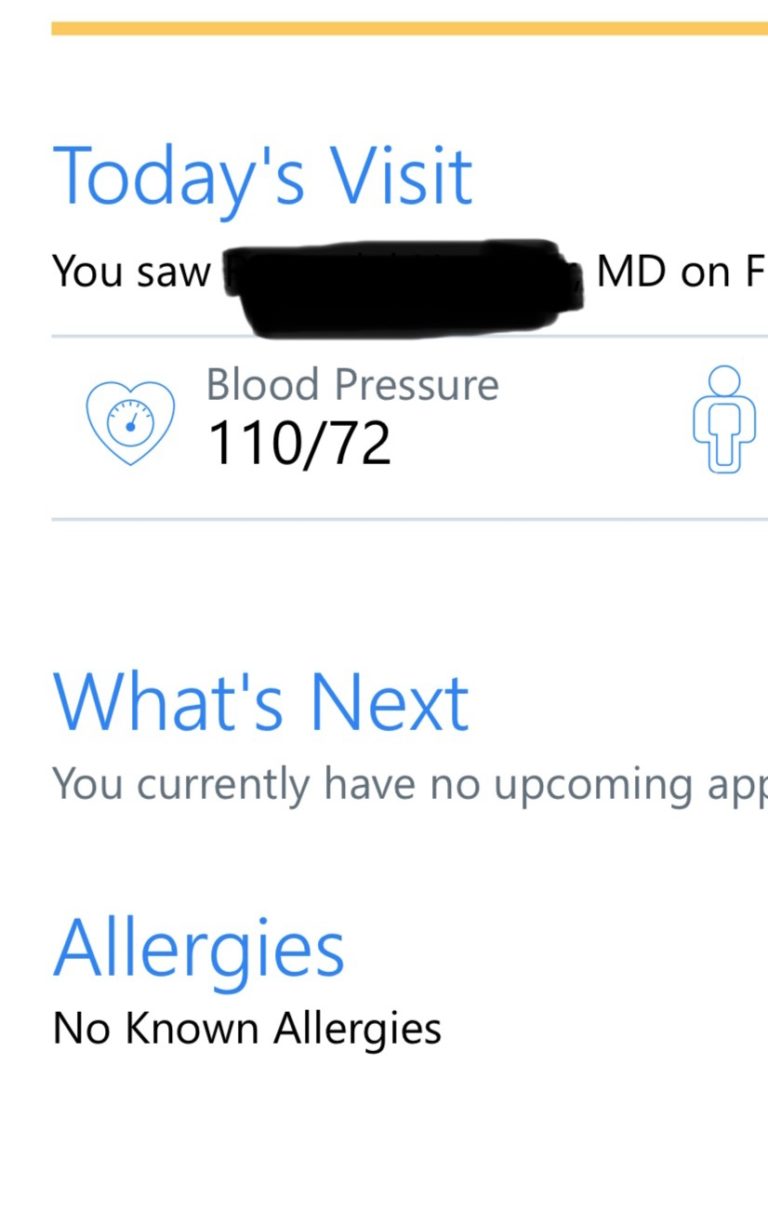
If you want to dive deeper into the topic of salt, I highly recommend you read the book, The Salt Fix by Dr. James DiNicolantonio. He is a pharmacist who has really studied the salt/sodium research and makes it easier to understand.

What are some Low Carb Lies you have encountered? Drop a comment below and let me know!

I was told years ago and 5 million times that Dr. Atkins died due to heart attack. I believed this until you told me the truth.